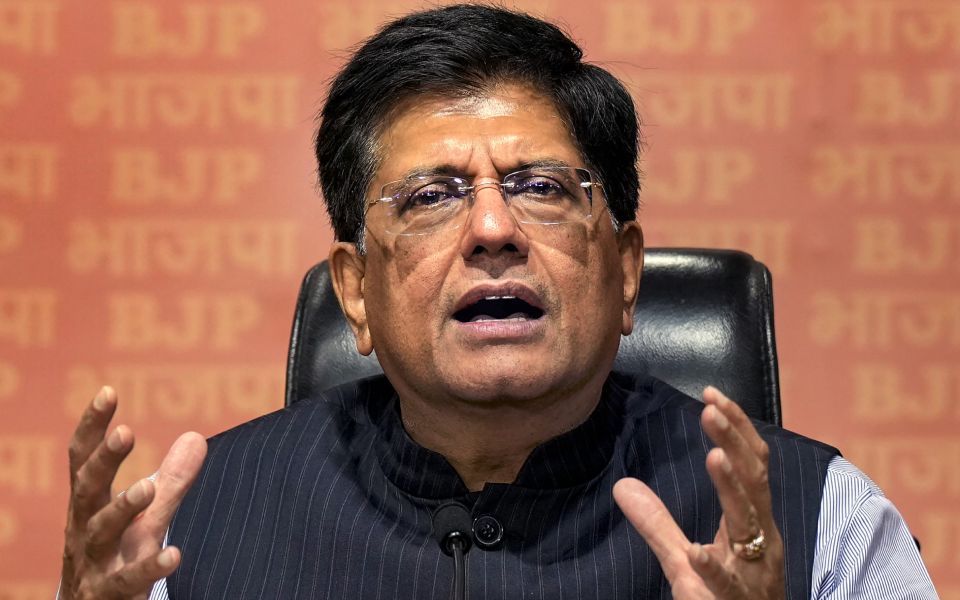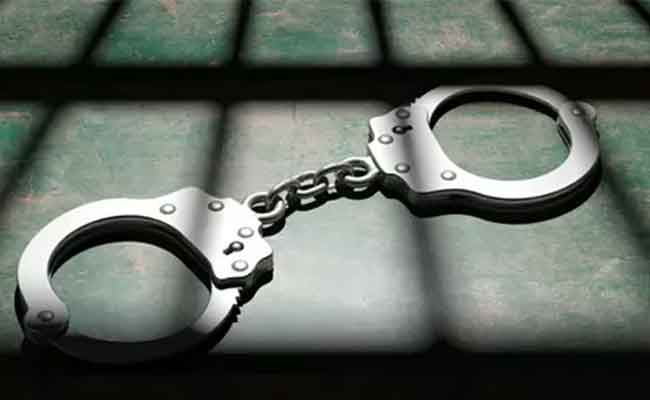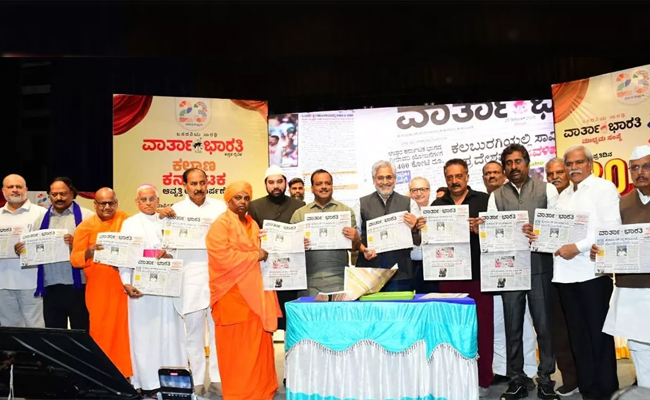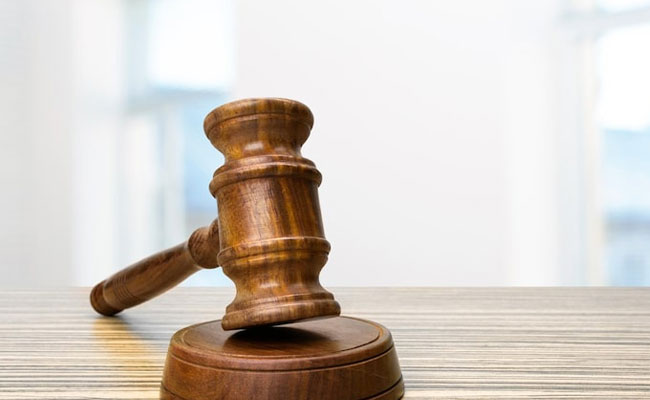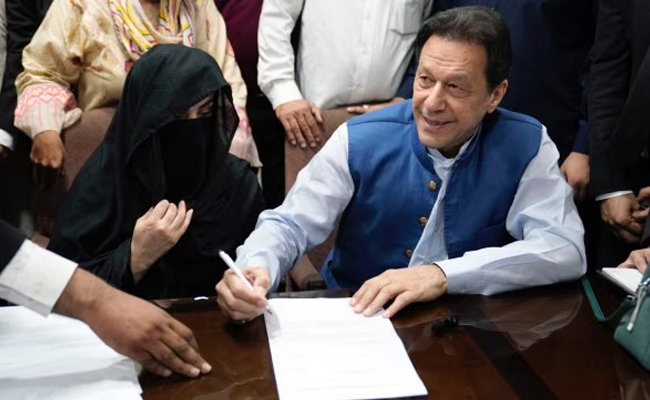Mumbai, Apr 26 (PTI): Union minister Piyush Goyal has said that as long as all 140 crore Indians do not consider patriotism and nationalism as their param dharma, Pahalgam-type incidents will continue to trouble the nation.
He emphasised that such acts would never break India's spirit.
Speaking to reporters here on Friday, Goyal asserted that the conviction of the people would ensure the resumption of tourism in Kashmir soon, and pilgrims will continue their Amarnath Yatra.
He said India's rising global stature was troubling certain forces.
"These incidents represent the desperate last efforts of those powers. It is an unbearable attack, but we will not spare anyone," the Union Commerce Minister added.
"As long as all 140 crore Indians do not consider patriotism and nationalism as their param dharma, such types of incidents will continue to trouble our country. However, India has enough strength to give a befitting response," the minister said.
Highlighting India's success in countering internal threats, Goyal said, "Just as we are rapidly eliminating naxalism, we will similarly defeat terrorism. India's strength and determination are unshakable."
When asked about Pakistani nationals overstaying their visas in India, Goyal said, "We have already announced and informed them to leave the country. No one will be allowed to stay here illegally."
Addressing concerns that the attack might affect tourism in Kashmir, Goyal added, "The people of Bharat have the power, courage, and confidence. Tourism will resume soon, pilgrims will continue their Amarnath Yatra, and Kashmir will remain firmly on the path of progress. No one can stop it."
Twenty-six persons, mostly tourists, were killed when terrorists sprayed bullets on them at a popular meadow in Pahalgam in Kashmir on April 22.
Amid the anguish and anger over the brutal killings, India announced a slew of diplomatic measures, including suspending the Indus Water Treaty, against Pakistan.
Let the Truth be known. If you read VB and like VB, please be a VB Supporter and Help us deliver the Truth to one and all.
New Delhi: Gurugram Police have arrested BJP Yuva Morcha member Hariom Mishra, for allegedly spreading a fabricated and communally sensitive story on social media about the murder of a college student in Gurugram.
Mishra who is also known as Shaurya Mishra had shared a collage of four photographs on his X handle earlier this month. He claimed that a 24-year-old college student, identified as Nikita Agarwal, had been murdered by her classmate Arif Khan in Gurugram. In the post, he alleged that the woman was blackmailed, forced into prostitution, gangraped, and eventually killed. He also claimed that Arif dumped her body in a forest. The claims were presented as being based on police sources.
The post went viral and garnering over 1.5 lakh views, and was amplified by several right-wing social media handles across X, Facebook and Instagram. A verification of the claims revealed that no such incident had taken place in Gurugram. A search of credible news reports showed no record of any such murder. The police said this news would have inevitably attracted media attention if it were true.
On December 11, Gurugram Police publicly refuted the claims through their official X handle. They stated that the information which was being circulated was completely false. The police warned that legal action would be taken against those spreading misinformation. Despite the warning, Mishra neither deleted the post nor issued any clarification.
Police in Gurugram confirmed Mishra's arrest on December 16. The police said a FIR was filed after he continued to spread false information about the alleged murder of a Hindu woman by Muslim man. Police said Mishra, a resident of Uttar Pradesh's Kaushambi district, is now being investigated.
Gurugram Police spokesperson Sandeep Singh told The Print that the accused had deliberately misrepresented facts and used objectionable content to spread hatred along religious lines. “Such posts can create serious disturbances in society, and the police take these matters very seriously,” he said.
A reverse image search conducted by fact-checkers at Alt News, revealed that the photographs used in the viral post were unrelated to the claims, while two of the images were traced to a Pinterest account belonging to influencer Maulik Chopra and another image was sourced from an Instagram post by influencer Shivam Thakur featuring a woman named Deepanshi Rawat. The fourth image was found on an unrelated Instagram page. The images depicted different individuals and had no connection to any crime.
Police said they are also investigating Mishra’s motive behind sharing the false and provocative content.

